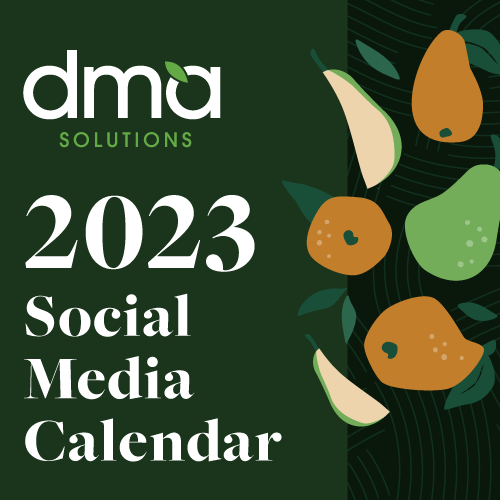This April, the Cambridge Analytica scandal broke the internet after Facebook banned the data analytics firm from the site for mishandling user data. One month later, on May 25th, the General Data Protection Regulation (GDPR) went into full effect, enacting strict laws on businesses around the world and protecting consumers’ right to privacy. These two events made significant waves in the marketing landscape, and just a few months later, we’re already seeing their impact. Here’s what you need to know about the growing concern around data security:
GDPR makes it more difficult to follow the cookie crumbs
Under GDPR, consumers in the European Union have the right to grant or deny a brand’s access to storing their personal information on a website. Because websites are accessible from anywhere in the world, even companies in the United States have been forced to comply with these data storage regulations. This means that consumers worldwide can choose if they want a company to have their IP address, location data, name, email address, and information about the web pages they’ve visited. This means that marketers have limited access to important intel about how consumers are engaging with content.
Marketers need to know several things about GDPR – first – you could face millions of dollars in fines if your website is not compliant. Take the necessary steps to allow consumers to understand what their information will be used for, and add the functionality needed to disable cookies. Not sure where to start? Reach out to us for help.
Second, marketers need to understand the importance of building a database and encouraging people to opt in to information storage to better their experience with the brand. Whether it be a blog, a promotion, or an email newsletter, marketers must give consumers something of value to encourage them to share their information. Most importantly, marketers must understand the responsibility that comes along with storing information. Use that information wisely to personalize content for your audiences or to provide analytics to your sales teams. Don’t misuse it and spam your contacts, and don’t share their information with others.
It’s easier than ever to lose consumer trust
According to a study by the Ponemon Institute, Facebook users’ confidence in the platform is down by 66% following the Cambridge Analytical scandal. Despite this lack of trust, Facebook saw a 13% increase in active users over 2017. The platform is still growing in popularity and usage, and will always be a powerful tool for marketers looking to reach their audience in a relatively inexpensive way. However, Facebook did see a decline in engagement on the platform, with younger audiences in particular spending less time on the platform and commenting, liking, and clicking posts less often. Facebook is now testing a feature that provides context about articles before users click through to them, in an effort to help prevent spam and provide users with greater transparency.
So what does this mean for marketers? It means we must be more strategic with the content and ads we share on social media. We must attract engagement with compelling copy, stunning visuals, and smartly targeted ads. We must also be conscious of the lack of trust in the social media space, and only share links to sites that are reputable, trustworthy, and on-brand.
People still want to receive targeted messages
Today’s shoppers understand that sites like Facebook are only free because of advertisers, and they still prefer to receive relevant email messages from brands they love – consumers who purchase products through email spend 138% more than those that don’t receive email offers. Most people don’t feel it is an invasion of privacy to use personal data to serve relevant, personalized offers and content to a targeted audience. In fact, two in every five people prefer targeted marketing. This is important for all marketers to know – consumers do value sharing their information with brands so long as it is used to better their experience. Think about that the next time you send a marketing email or schedule an ad and ensure that your message, your targeting, and your products align to create the best experience for the intended audience.
The Cambridge Analytica legislation and GDPR had universally profound effects on marketers, as they were created to protected consumers from misuse of personal data. As marketers, we must now strategize about the way we reach consumers, communicate with them, and track the way they interact with our brands. It’s up to us to serve the demand for personalized and relevant content without crossing the line between helpful and intrusive.
{{cta(‘e1c21d8f-3a96-4d28-9644-a9e7a80cc1ed’)}}












